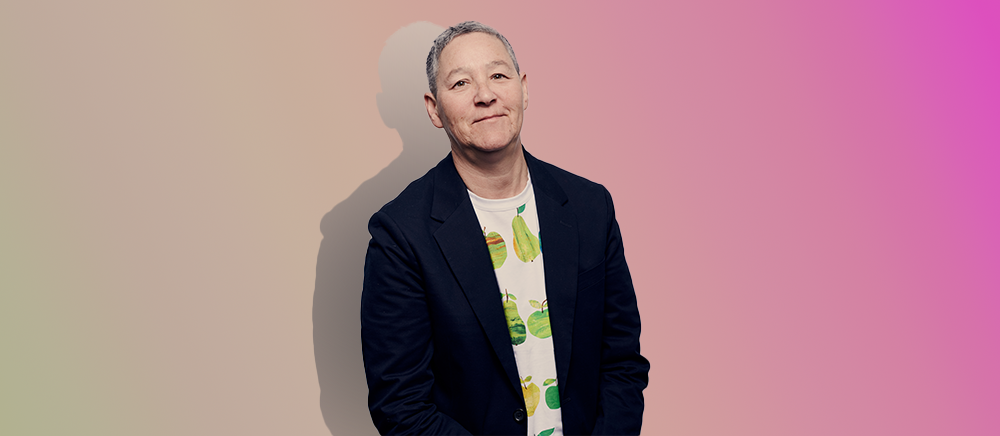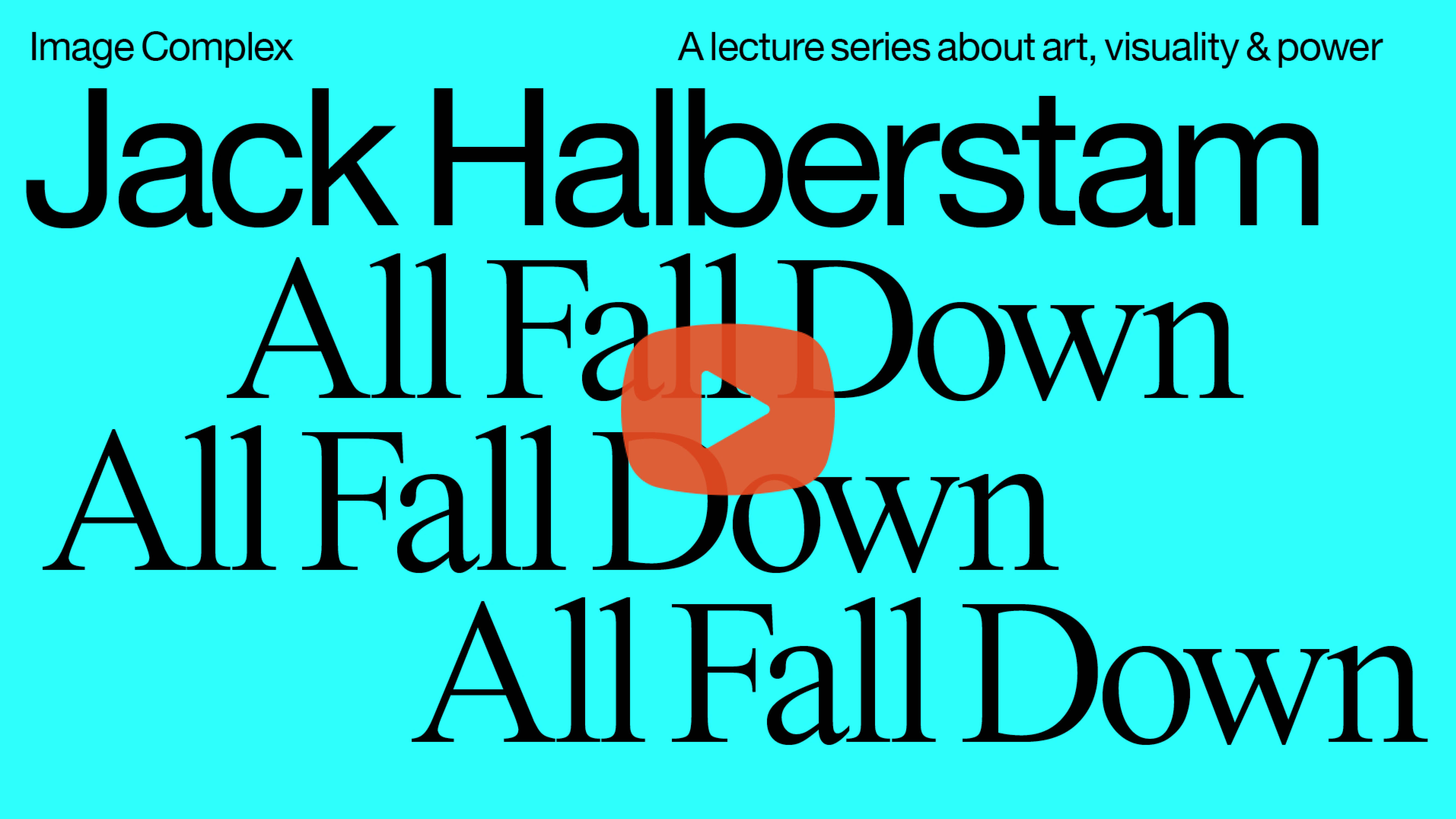Image Complex 2023
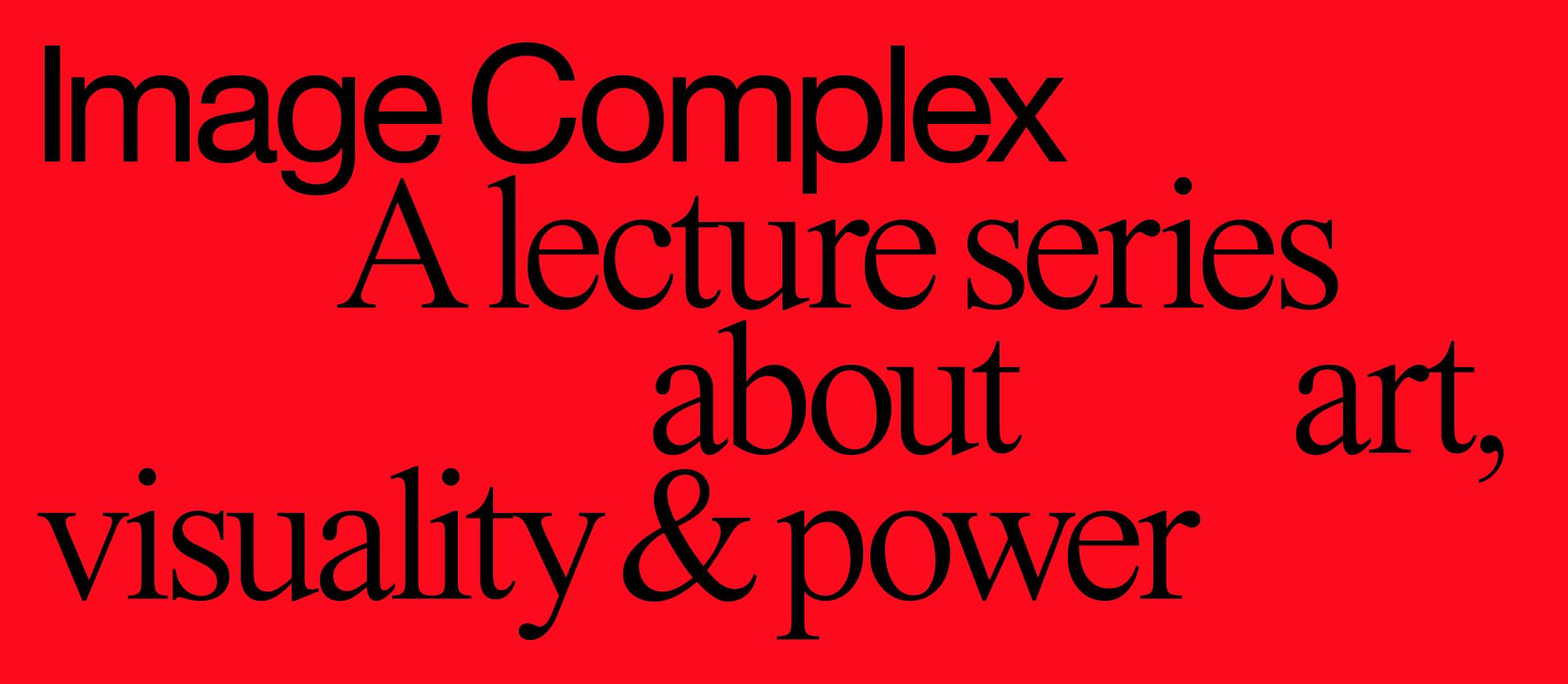
A series of online and in-person lectures on the structures, practices and institutions that shape life in the late 20th and early 21st centuries.
The term ‘image complex’ was coined by US activists and scholars Yates McKee and Meg McLagan to describe the infrastructure that manages the visual world of the late 20th and early 21st century.
The image complex is not just one place or thing, but rather an always shifting network of ideas, people, institutions, technologies and platforms. At stake in the image complex is thus not just the content of what we see, but rather what is seeable – and the significance ascribed to that seeability. “Image Complex” points to a longer history of vision – understood not as something universal, unchanging or natural, but rather as a crucial site of historical and political contestation.
This series brings together four leading international scholars to help us understand the contours and longer history of the image complex: Nick Mirzoeff, Orit Halpern, Krista Thompson and Jack Halberstam.
Convened by Nick Croggon, and co-presented by the Power Institute and the Museum of Contemporary Art Australia.
Events
Past
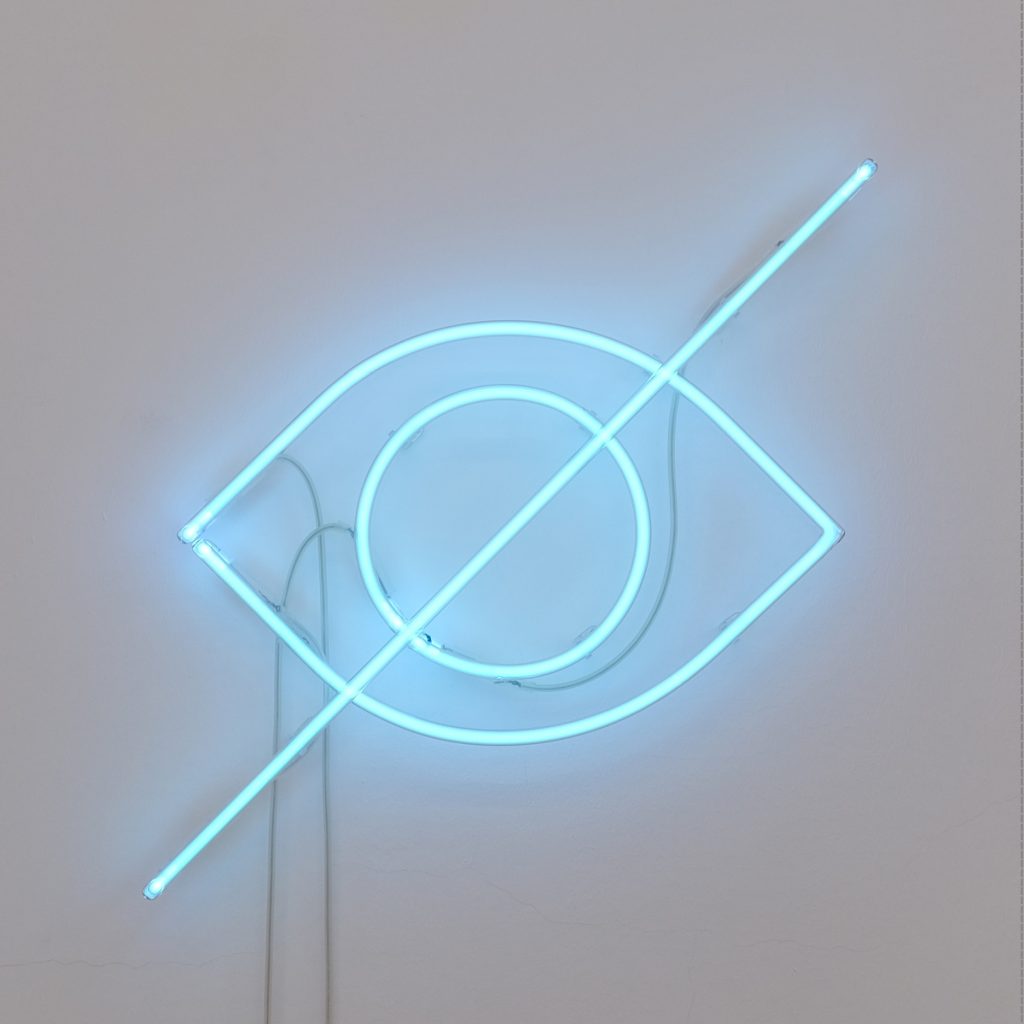
The Strike Against White Sight is a Feminist Strike
White supremacy is not only perpetuated by laws and police but also by visual culture and distinctive ways of seeing.
People

Nick Mirzoeff
Nicholas Mirzoeff is a visual activist, working at the intersection of politics, race and global/visual culture. In 2020-21 he was ACLS/Mellon Scholar and Society fellow in residence at the Magnum Foundation, New York.
His new book White Sight: Visual Politics and Practices of Whiteness is forthcoming from MIT Press in early 2023. Among his many earlier publications, The Right to Look: A Counterhistory of Visuality (2011) won the Anne Friedberg Award for Innovative Scholarship from the Society of Cinema and Media Studies in 2013. How To See The World was published by Pelican in the UK (2015) and by Basic Books in the US (2016). It has been translated into eleven languages and was a New Scientist Top Ten Book of the Year for 2015. The Appearance of Black Lives Matter was published in 2017 as a free e-book, and in 2018 as a limited edition print book with a graphic essay by Carl Pope and a poem by Karen Pope, both by NAME Publications, Miami. Since the 2017 events Charlottesville, he has been active in the movement to take down statues commemorating settler colonialism and/or white supremacy and convened the 2017 collaborative syllabus All The Monuments Must Fall, fully revised after the 2020 events. He curated “Decolonizing Appearance,” an exhibit at the Center for Art Migration Politics (September 2018-March 2019) and collaborated on a global public art project in 2020 with artist Carl Pope, poet Karen Pope and gallerist Lisa Martin, entitled “The Bad Air Smelled of Roses.” A frequent blogger and writer, his work has appeared in Hyperallergic, the Nation, the New York Times, Frieze, the Guardian, Time and The New Republic.

In the Garden of Speculative Delights: On the Financialisation of Cognition
Today, growing concerns with climate change, energy scarcity, security, and economic volatility have turned the focus of urban planners, investors, scientists, and governments towards computational technologies as sites of potential salvation from a world consistently defined by catastrophes and “crisis”.
People
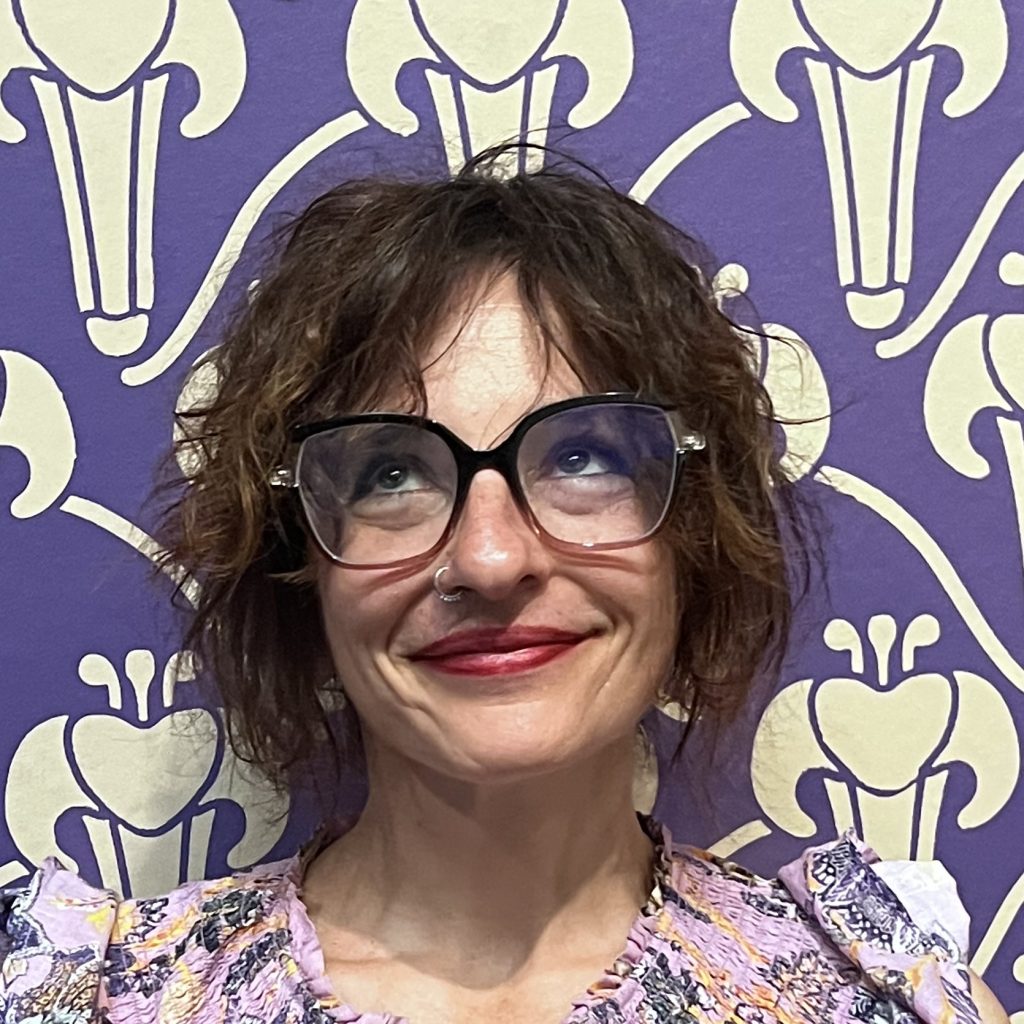
Orit Halpern
Orit Halpern is Full Professor and Chair of Digital Cultures and Societal Change at Technische Universität Dresden. Her work bridges the histories of science, computing, and cybernetics with design. She completed her Ph.D. at Harvard. She has held numerous visiting scholar positions including at the Max Planck Institute for the History of Science in Berlin, IKKM Weimar, and at Duke University. She is currently working on two projects. The first is a history of automation, intelligence, and freedom; the second project examines extreme infrastructures and the history of experimentation at planetary scales in design, science, and engineering.
She has also published widely in many venues including Critical Inquiry, Grey Room, and Journal of Visual Culture, and E-Flux. Her first book Beautiful Date: A History of Vision and Reason (Duke UP 2015) investigates histories of big data, design, and governmentality. Her current book with Robert Mitchell (forthcoming MIT Press December 2022) is titled the Smartness Mandate. The book is a genealogy of our current obsession with smart technologies and artificial intelligence.
The Evidence of Things Not Captured: Christopher “Dudus” Coke & the Fugitive Photograph in Postcolonial Jamaica
A lecture by art historian Krista Thompson (Northwestern University, Chicago) about fugitives and their photographic histories.
People
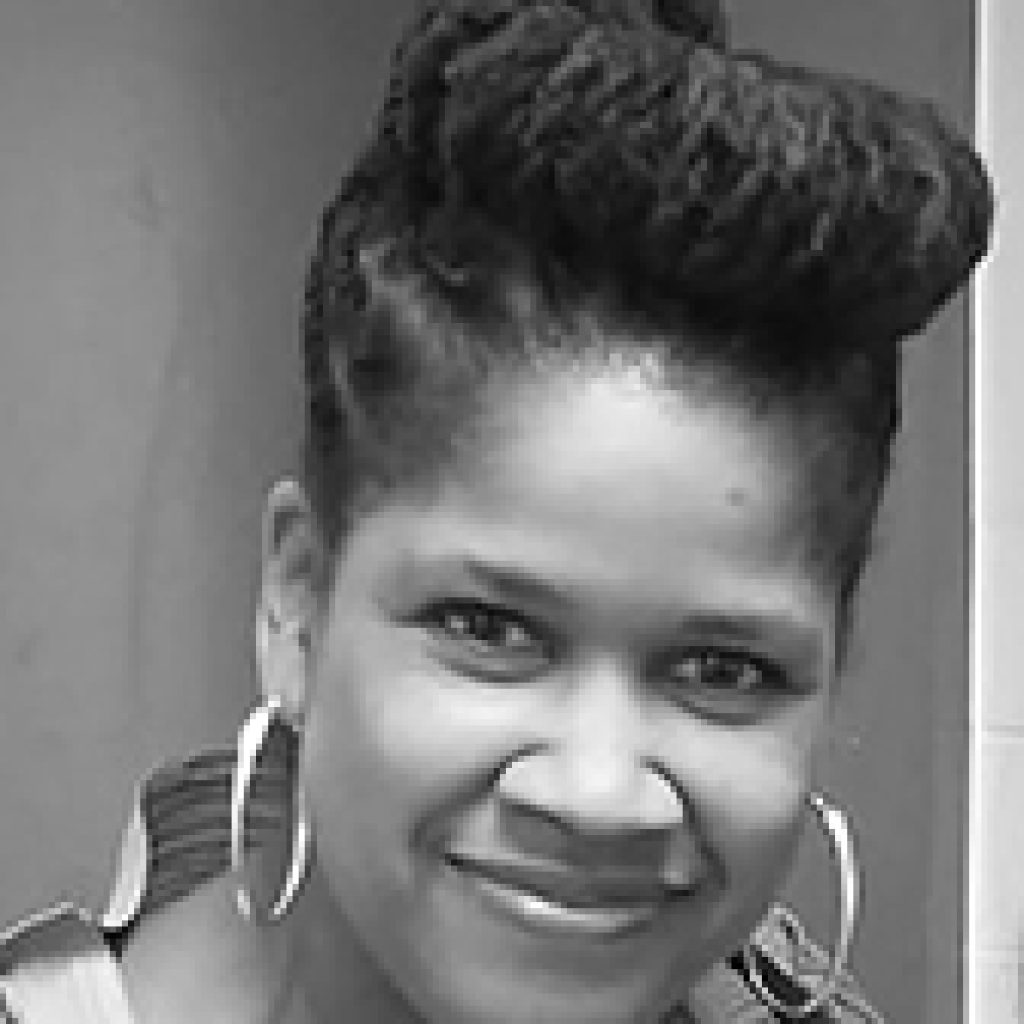
Krista Thompson
Krista Thompson is the Mary Jane Crowe Professor of Art History at Northwestern University, Chicago, Illinois. She is the author of An Eye for the Tropics (2006) and Shine: The Visual Economy of Light in African Diasporic Aesthetic Practice (2015), recipient of the Charles Rufus Morey Book Award from the College Art Association (2016). Thompson is currently working on the manuscript The Evidence of Things Not Captured, which examines notions of photographic absence, fugitivity, and disappearance in Jamaica (Duke University Press, forthcoming). She is also writing Black Light, a manuscript about electronic light artist Tom Lloyd (University of Chicago Press, forthcoming).

All Fall Down: Post-Industrial Demolition Projects and the Aesthetic of Collapse
A lecture on the disorderly architecture of 1970s artist and activists in the United States.
People
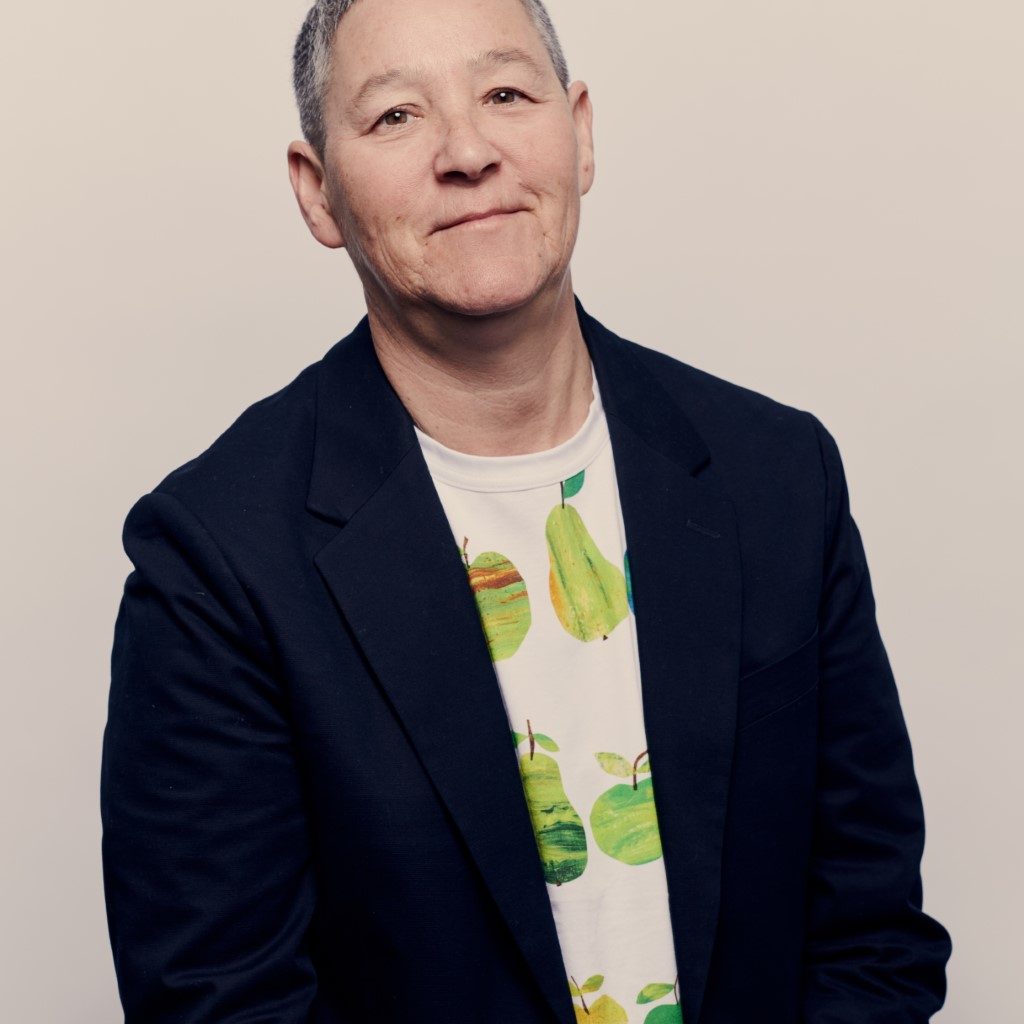
Jack Halberstam
Jack Halberstam is the David Feinson Professor of The Humanities at Columbia University. Halberstam is the author of seven books including: Skin Shows: Gothic Horror and the Technology of Monsters (Duke UP, 1995), Female Masculinity (Duke UP, 1998), In A Queer Time and Place (NYU Press, 2005), The Queer Art of Failure (Duke UP, 2011), Gaga Feminism: Sex, Gender, and the End of Normal (Beacon Press, 2012) and, a short book titled Trans*: A Quick and Quirky Account of Gender Variance (University of California Press). Halberstam’s latest book, 2020 from Duke UP is titled Wild Things: The Disorder of Desire. Places Journal awarded Halberstam its Arcus/Places Prize in 2018 for innovative public scholarship on the relationship between gender, sexuality and the built environment. Halberstam is now finishing a second volume on wildness titled: Unworlding: An Aesthetics of Collapse. Halberstam was recently the subject of a short film titled “So We Moved” by Adam Pendleton which played at MoMA NYC until January 30, 2022.

Queer Powerpoint ft. Jack Halberstam
An evening of corporate presentations and personal optimisation. But queer. And with Jack Halberstam.
People

Queer PowerPoint
Queer PowerPoint is a collaboration between an all-queer Sydney-based team of creatives: performance maker Harriet Gillies, interdisciplinary artist Xanthe Dobbie, creative producer Thom Smyth and AV manager Charlie Kember.

Jack Halberstam
Jack Halberstam is the David Feinson Professor of The Humanities at Columbia University. Halberstam is the author of seven books including: Skin Shows: Gothic Horror and the Technology of Monsters (Duke UP, 1995), Female Masculinity (Duke UP, 1998), In A Queer Time and Place (NYU Press, 2005), The Queer Art of Failure (Duke UP, 2011), Gaga Feminism: Sex, Gender, and the End of Normal (Beacon Press, 2012) and, a short book titled Trans*: A Quick and Quirky Account of Gender Variance (University of California Press). Halberstam’s latest book, 2020 from Duke UP is titled Wild Things: The Disorder of Desire. Places Journal awarded Halberstam its Arcus/Places Prize in 2018 for innovative public scholarship on the relationship between gender, sexuality and the built environment. Halberstam is now finishing a second volume on wildness titled: Unworlding: An Aesthetics of Collapse. Halberstam was recently the subject of a short film titled “So We Moved” by Adam Pendleton which played at MoMA NYC until January 30, 2022.

